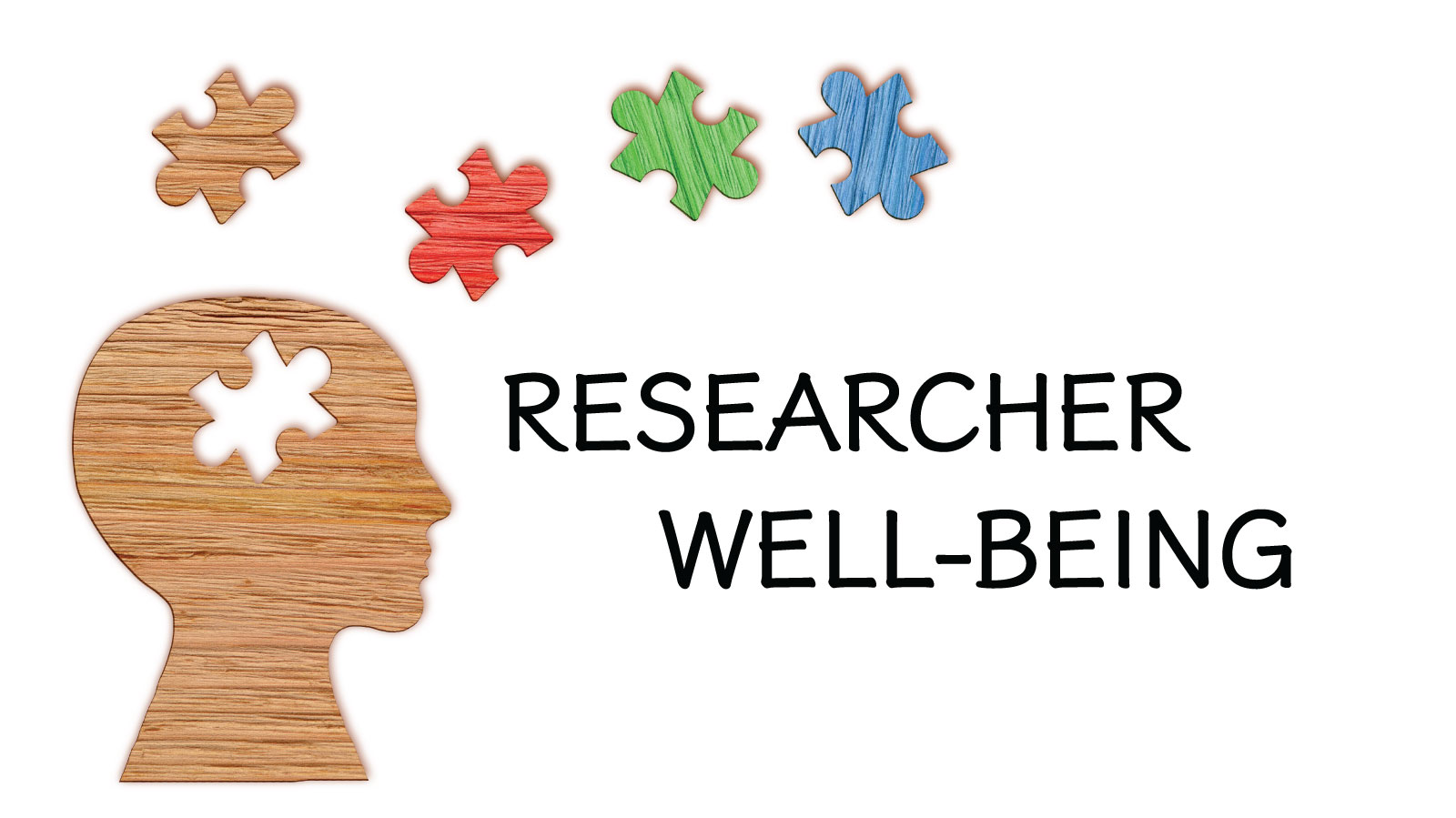#3 How Universities and Research Institutes Can Ensure Researcher well-being

Researcher well-being is both a personal priority for individual researchers and an organizational one for authorities and decision-makers in academia. So, what can universities and research institutes do to ensure researcher well-being? They would need to adopt a two-pronged approach at least.
First, provide access to resources that can help researchers deal with their mental health concerns. Universities should ensure access to professional counselling or mental health services for researchers, either by establishing counselling centers within the organization or through tie-ups with mental health service providers. In addition, they should create awareness about these services among their students, researchers, and faculty, as well as foster an atmosphere that encourages those who need these services to use them.
Many already do this, but this is not yet a norm globally. Furthermore, it is worth noting that the demand for mental health services on campus is likely to have increased in the past few years, as has been reported for universities in the U.K. and the U.S.A.
Therefore, equitable access to such services should be a priority for universities and other authorities within academia worldwide. Each university would ideally need to assess (and regularly re-assess) the type and scope of services its community requires and how it can meet these requirements. Some have come up with innovative approaches of meeting these needs; for example, UCLA has introduced a mental health tracker to screen and track mental health issues among students.
Several mental health advocacy or non-profit groups (such as National Alliance on Mental Illness, Active Minds, and Student Minds) have student-led chapters and peer-support groups on university campuses. Universities can encourage students to initiate such programs, as these can serve to both create awareness and direct students to appropriate resources. This is especially relevant if universities themselves cannot yet offer professional counselling services or if they wish to complement them.
Second, identify and address possible workplace-specific root causes of mental health problems. Universities, research institutes, and larger overseeing bodies should assess how organizational systems and processes need to be adapted to create a sustainable, positive, and productive research environment. One such larger-level effort is a project initiated by The Royal Society, which aims at determining how it can promote a research culture that facilitates excellence in research and helps researchers flourish. While its focus is not mental health specifically, much of the work in this project touches upon factors critical to researcher well-being, such as career paths, recognition and reward, diversity/inclusion, and support for collaboration. More of such initiatives need to be undertaken globally rather than in silos, because many underlying causes of stress in academia are global in nature and interconnected.
At the organization level, universities can gather inputs on what the status of well-being among their own researchers is, whether their researchers receive adequate support at their workplace, and what aspects of the work environment they appreciate or find challenging. Having concrete information of this type will help them identify how to shape their systems or processes to minimize stress triggers in their environments.
The CACTUS Foundation’s global survey on mental health among researchers, which we’ve mentioned earlier in this series, aims to fill exactly these types of information gaps. Therefore, one of the immediate steps universities and research institutes can take toward ensuring researcher well-being is to sign up as a partner for this survey. By becoming partners, organizations will support a massive global initiative to address a major health concern within academia and receive international recognition as organizations committed to addressing it.
Moreover, the primary benefit for any organization that signs up as a partner and actively disseminates this survey among its researchers is that it will receive customized reports. These reports will be based on the inputs shared specifically by its researchers, since the partner will be offered a custom link to collect survey responses from its researcher base (provided, of course, that a large enough sample of individuals from the organization has taken the survey).
This will help the organization review patterns specific to its work environment and researchers and then compare them with overall global or regional patterns. For example, organizations can review whether their researchers are satisfied with the resources, mentorship, and support offered to them; whether their policies related to work–life balance, discrimination/bullying, and research ethics are considered effective; and how researchers typically deal with feelings of work-related stress.
Furthermore, the custom reports can help review trends across different demographic groups within an organization (e.g., by tenure, career stage, discipline) for a comprehensive understanding of problems specifically affecting these groups. They can especially help understand the viewpoints of underrepresented groups and therefore design practices that foster inclusion and diversity.
Given the breadth of topics this survey covers, the reports will offer important insights that can help organizations identify highly specific pain points and inform their decisions/policies related to researcher well-being.
To learn more about this survey and how organizations can sign up as partners, click here.









